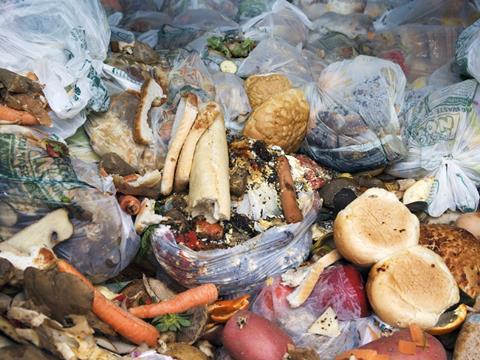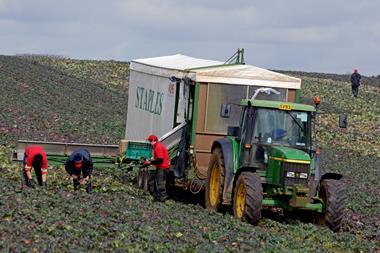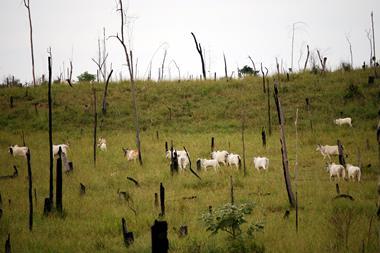
A landmark industry plan to tackle food waste is to be re-drawn to take into account the “huge economic challenges” facing food and drink companies.
IGD and Wrap, who launched the Food Waste Reduction Roadmap in 2018, said they intended to stick with the goal of halving food waste by 2030 against a 2007 baseline, in line with UN Sustainable Development Goal 12.3.
However, some of the ambitions in the speed of change are set to be reduced due to the impact of the pandemic, the war in Ukraine and the cost of living crisis, a move which is likely to upset campaign groups.
The Roadmap originally aimed to have 100% of the UK´s large food businesses implementing its ’Target, Measure, Act’ principles by 2026, but that target now looks set to be axed.
The next progress report under the initiative is due to be revealed next month and the industry is bracing itself for a lack of progress because of the torrid backdrop of events.
However, IGD and Wrap are also to consult on how the Roadmap can provide more information and support for companies to encourage them to move to reporting their figures.
The move comes with a government consultation ending earlier this month on plans for mandatory food waste reporting for all major companies to come into force by 2025.
However, campaign groups have expressed fears the plans could fall victim to prime minister Liz Truss’s “bonfire of red tape”, and even if the start date is hit it will be seven years since former environment secretary Michael Gove first set out plans to make reporting mandatory in the UK.
Harriet Illman, head of sustainability at IGD, said the slower than expected rollout of mandatory reporting had had a major impact on the speed with which companies had signed up, with around 280 large companies, out of approximately 690, currently committed to ’Target, Measure, Act’.
Many of those began reporting on food waste as part of Tesco’s separate initiative, launched by former CEO Dave Lewis.
Not only has industry sign-up to reporting slowed, but there have also been reports of a major impact on food waste due to the issues facing companies.
In July, a report by Sodexo found the “unprecedented” pressure on supply chains had led to a 60% increase in food waste over the past six months, casting doubts on the food industry’s ability to meet the United Nations’ goal and “hampering progress” to net zero.
“There is no question it is a very challenging landscape for companies,” said Illman. “They have faced the pandemic, the war in Ukraine and the cost of living crisis.
“The fact that the laws on mandatory reporting are coming in slower than expected is also a factor.”
She said IGD and Wrap were determined the overarching aims of the Roadmap would not be watered down.
“But it does mean we may have to look at some of the timings of the planned milestones.”
A consultation on the new Roadmap will be launched next month, with plans for the reworked version to be launched by February next year.



















No comments yet